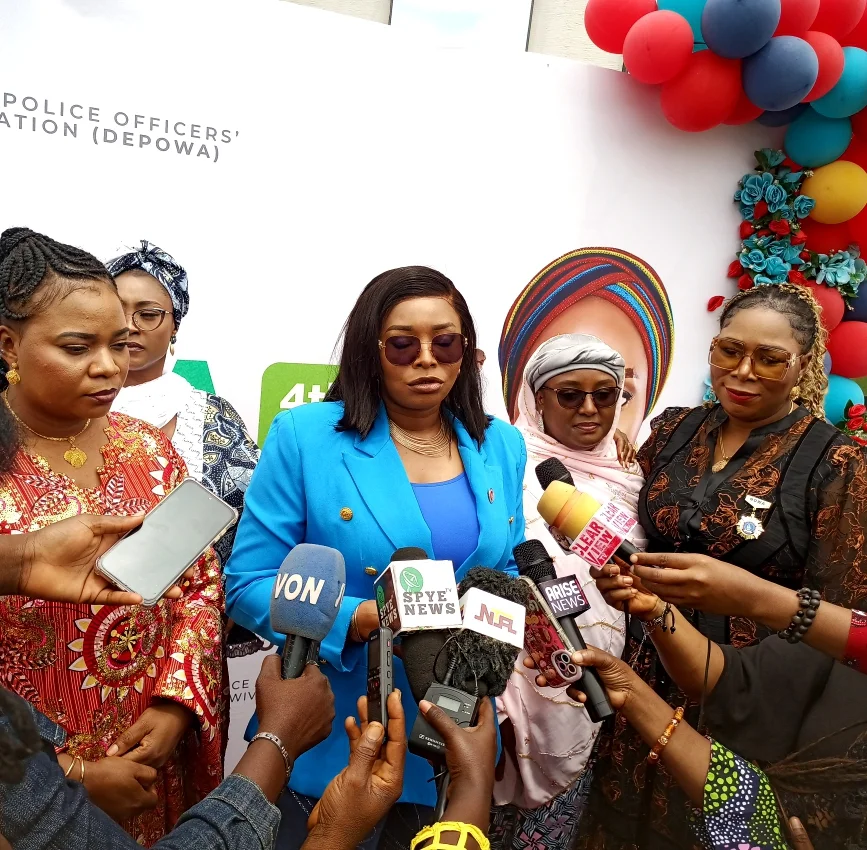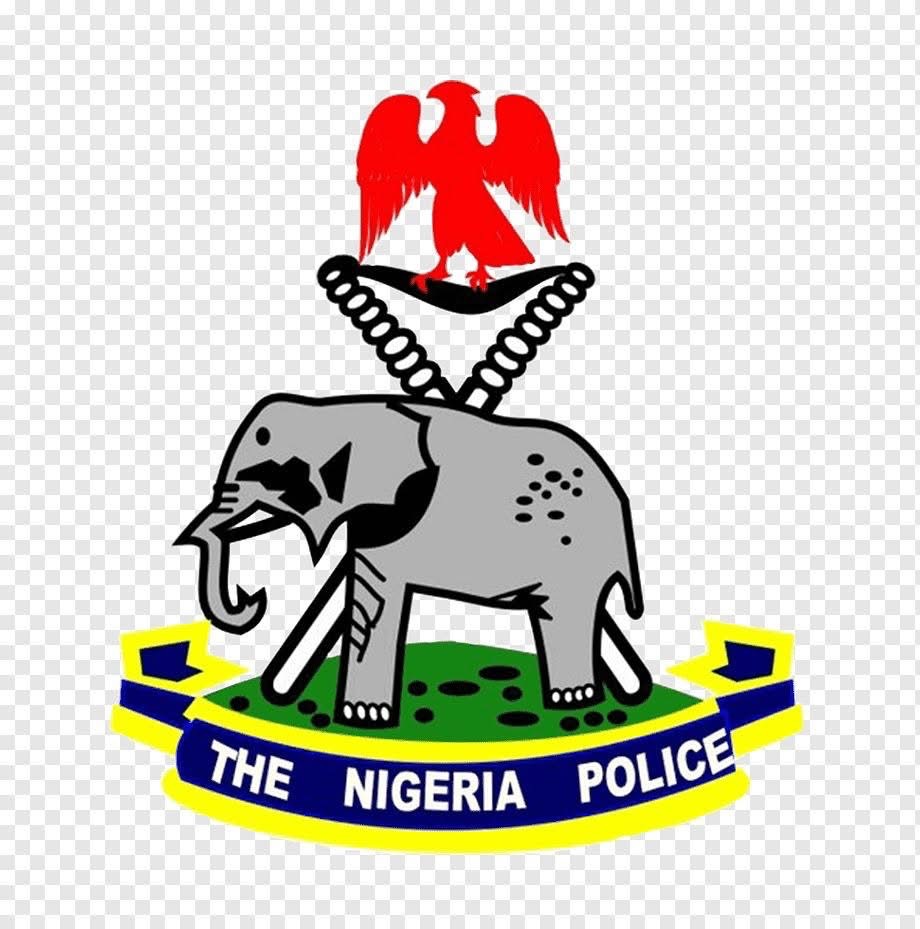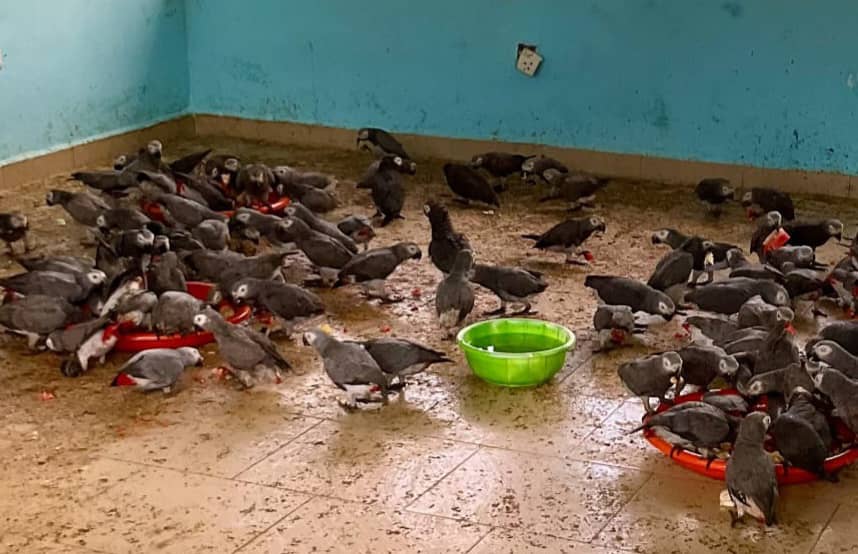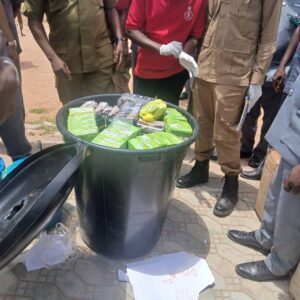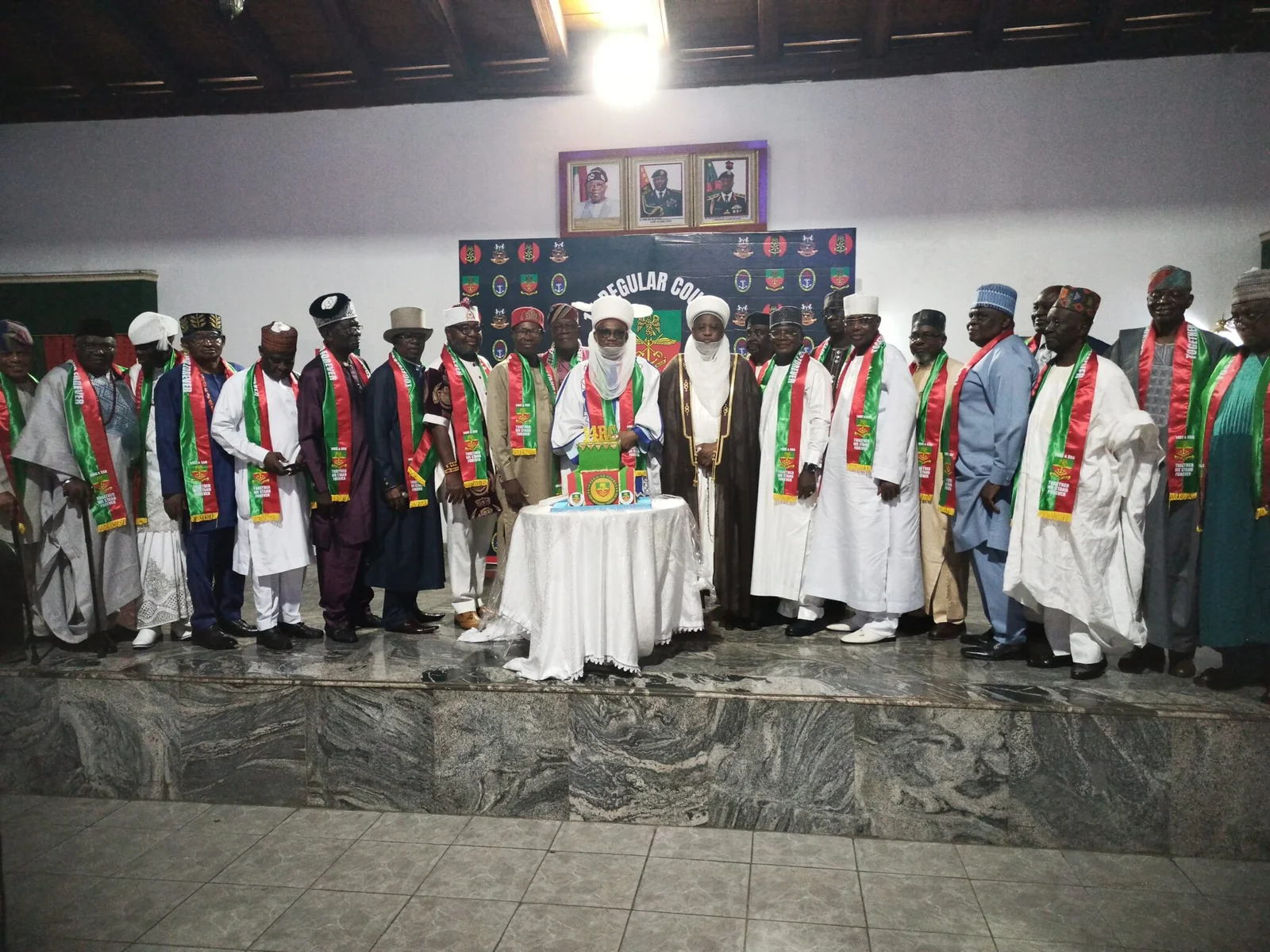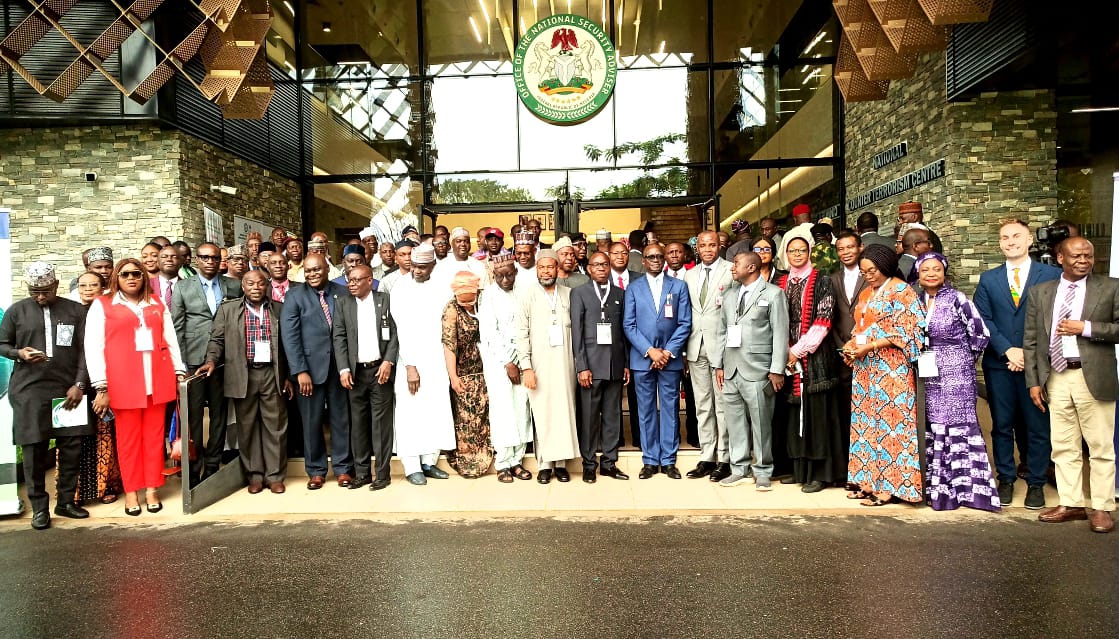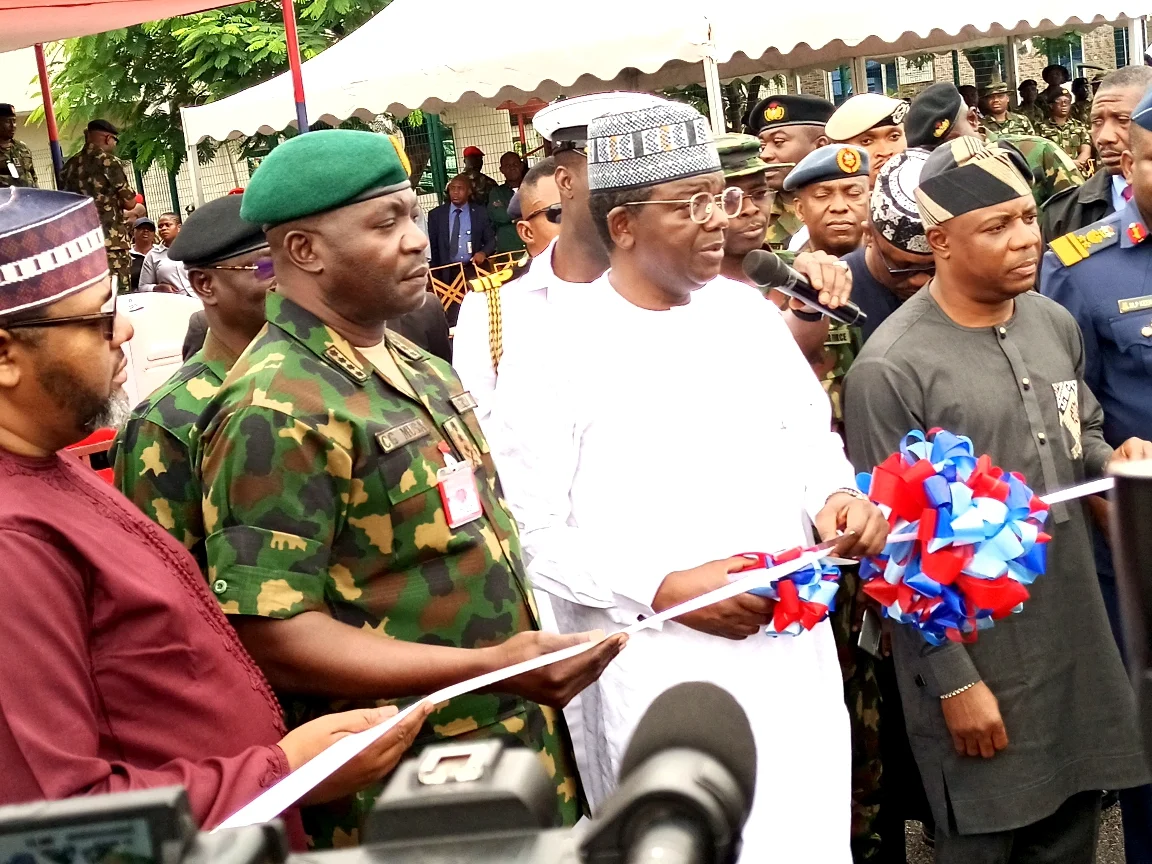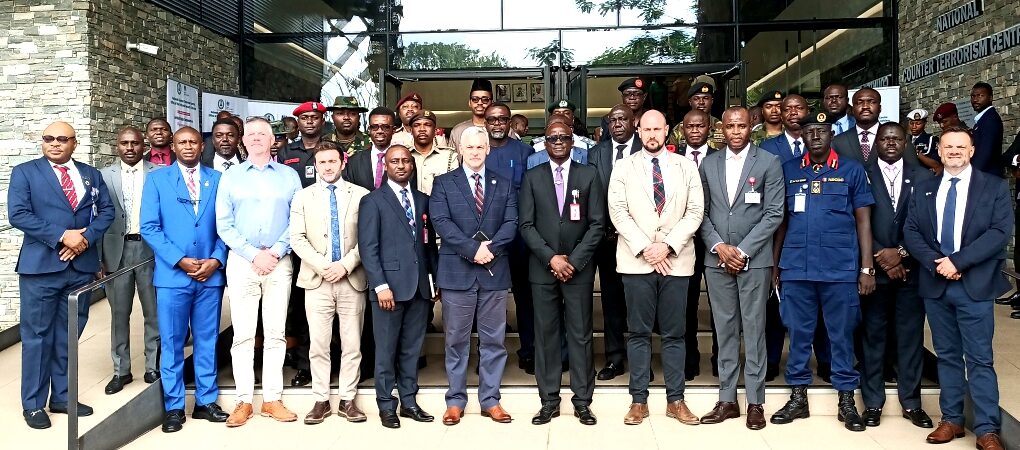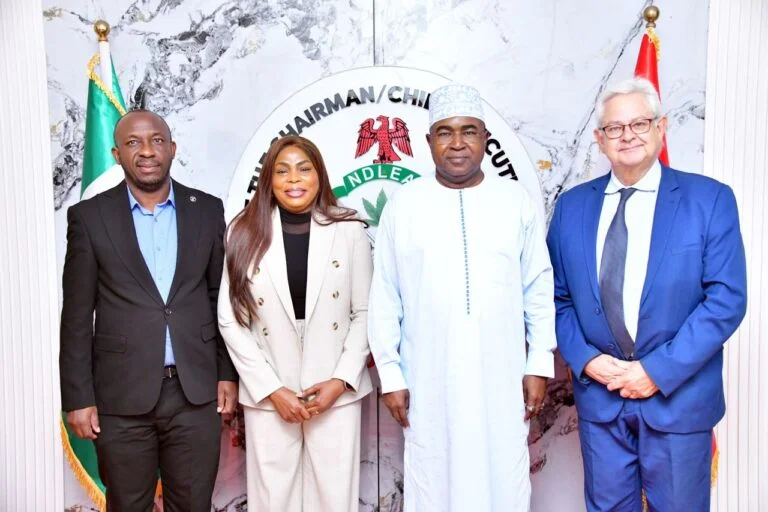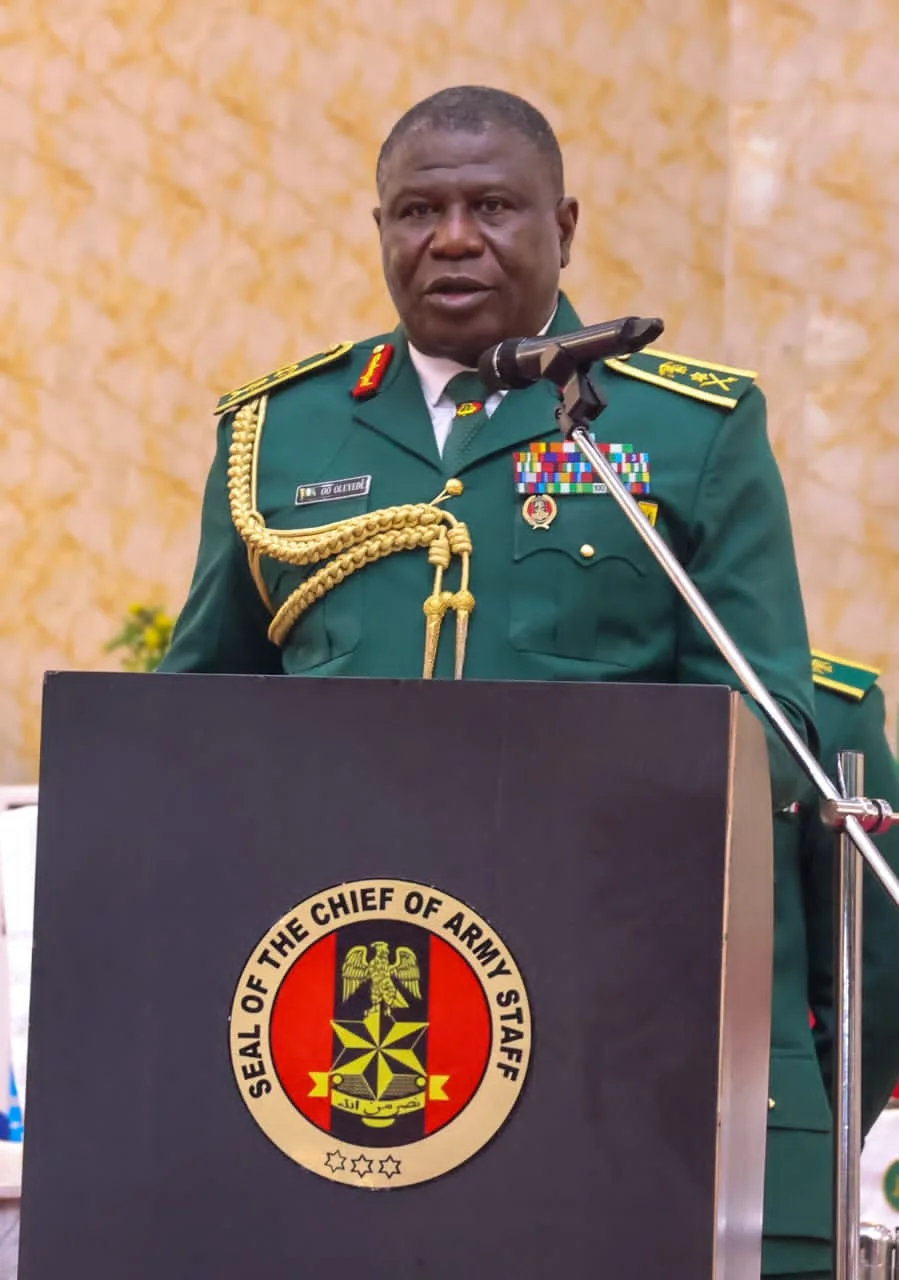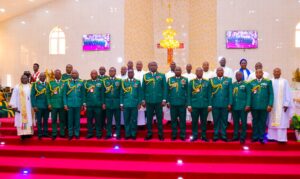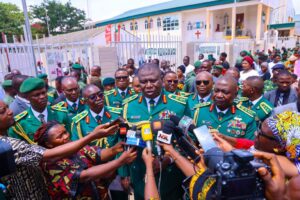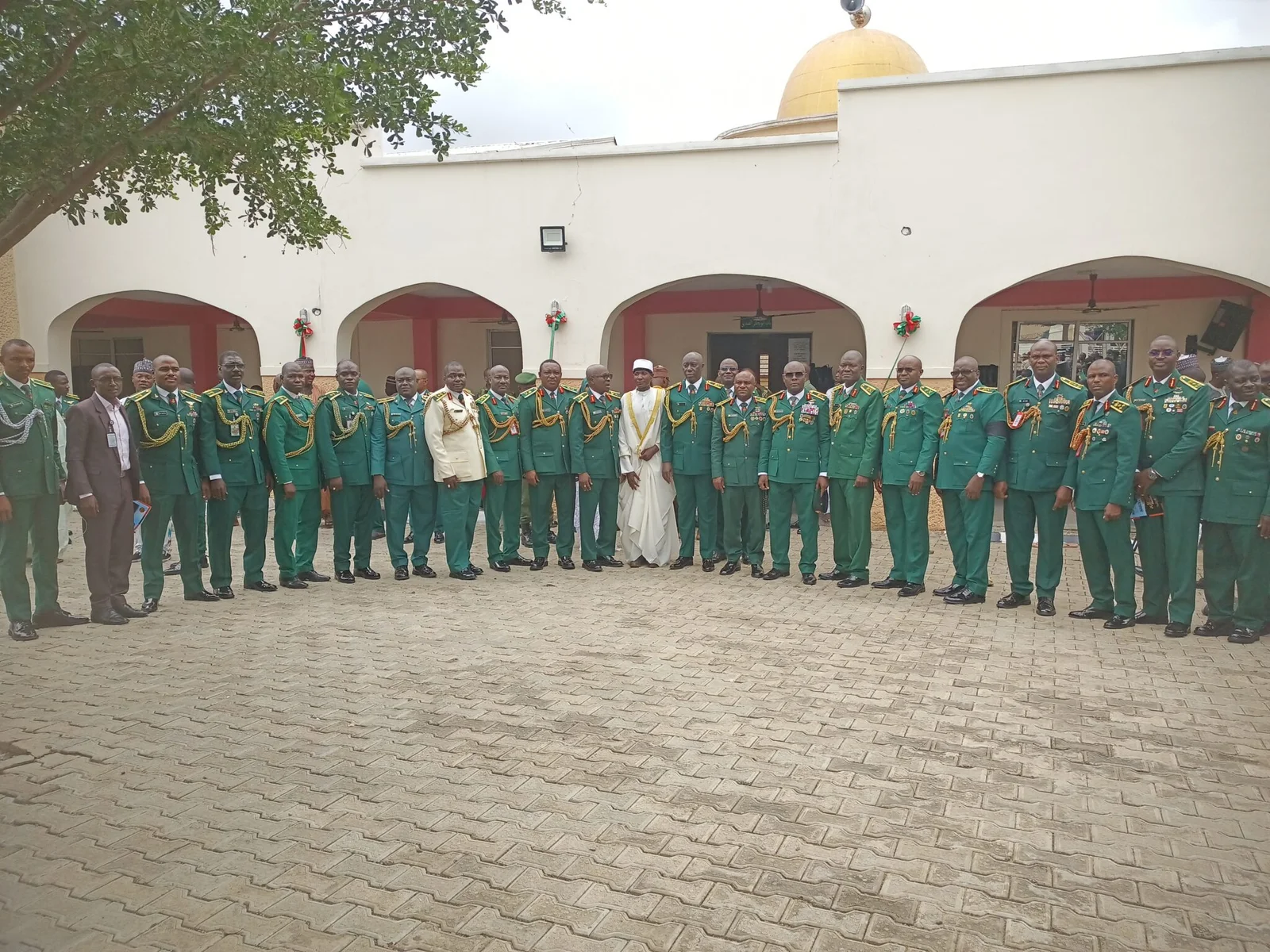184 total views today
By Sumaila Ogbaje
The Etsu Nupe, Alhaji Yahaya Abubakar, has called for more training, adequate equipment and public support for the Nigerian military to defeat the enemies of the nation.
The Royal Father made the call while speaking with newsmen during the 52nd Anniversary Celebration of the Nigerian Defence Academy (NDA) Regular Course 14 Alumni Association, on Wednesday in Abuja.
Abubakar, who is a member of the course, said the Nigerian military had been battle tested in several fronts, adding that they had what it takes to tackle the menace of insecurity confronting the nation.
He said the challenges of terrorism, banditry and other forms of criminality were challenges that many countries had faced, saying that the military needed to recalibrate its operation.
“As far as the security situation is concerned, in terms of training and equipment, we have to give them to our troops. We will continue to be supportive of our military.
“Nigerian soldiers and officers have been tested within and outside this country. There are missions that our officers had gone outside this country and participated in, and they perform very wonderfully.
“When there was a crisis in Liberia and Sierra Leone, our troops went there and they performed very well by maintaining peace in those countries.
“Now that we are having our own challenges. These are mere challenges, because every country all over the world has its own challenges.
“So I urge all of us to come together and brainstorm, especially in terms of manpower, equipment , training, this will enable us to confront any challenge that we have.
“We believe in our military, we have that confidence in our military that whatever condition we find ourselves, security wise, they will overcome it, Insha Allah,” he said.
The traditional ruler said the 52nd anniversary celebration was organised to appreciate God for their lives and remember their colleagues that had passed on.
He said the occasion afforded them the opportunity to reunite members from different parts of the country, who trained and got commissioned together.
According to him, the retired officers and gentlemen have been contributing one way or the other in the area of security, welfare, social and economic development of this country.
“So it is a thing that we must cherish. It is a thing that we should find time together, like this to celebrate and to thank God Almighty and also to pray Almighty Allah, to grant all of us who are still living, to continue to contribute our quota for the development, stability and peace of this country,” he added.
The President of RC 14 Alumni Association, retired Maj.-Gen. Harris Dzarma, said 94 young men, wearing blue shorts, white vests, and combat shoes, were inaugurated to start officer cadets at the NDA on July 2, 1973.
Dzarma recalled that most were commissioned into the three services, army, navy and air force after 30 months of intense training, adding that many of them had become senior citizens 52 years on.
“To summarise briefly, 68 cadets were commissioned into the Nigerian Army, 15 into the Nigerian Navy, and eight into the Air Force.
“Sadly, we lost some very early in our service years and then the NAF C-130 that crashed at Ejibo, and the DOTU-28 crash in Bokkos that took many of our best and brightest.
“On the brighter side, 14th RC has produced two service chiefs LN Yusuf for the Army, and I Ibrahim, for the Navy.
“We also produced two chiefs of staff to the Liberian Armed Forces – LN Yusuf and SA Abdurrahman, both of blessed memory.
“We also produced military administrators. In a similar display of excellence, the course has produced Commandants of Tri-Service Institutions, many Principal Staff Officers at Defence and Services Headquarters, General Officers Commanding, Corps Commanders.
“In retirement, we have also produced four Traditional Rulers. The Academy molded this motley crowd into distinguished gentlemen officers,” he said.
The Course Secretary, retired Maj.-Gen. Lawrence Jokotola, said the 52nd reunion was first of all to bring them together after leaving service at various times ranging from 25 to 17 years.
Jokotola said the reunion was also to see how they were conducting their lives and try to rob minds with a view to encouraging one another and to see where they could stand in the gap.
He urged all citizens to come together, rally together to fight the demon called insurgency by sharing information and by learning from one another.
According to him, life in service has been very unique because they had opportunities to give their best.
“And even in retirement, we are still pushing in different directions of endeavour to make sure that we keep our ambitions alive,” he said.
The News Agency of Nigeria (NAN) reports that the event was attended by the Sultan of Sokoto, Muhammad Sa’ad Abubakar III, among other eminent dignitaries.
(NAN)(www.nannews.ng)
Edited by Abdulfatai Beki and Yakubu Uba




